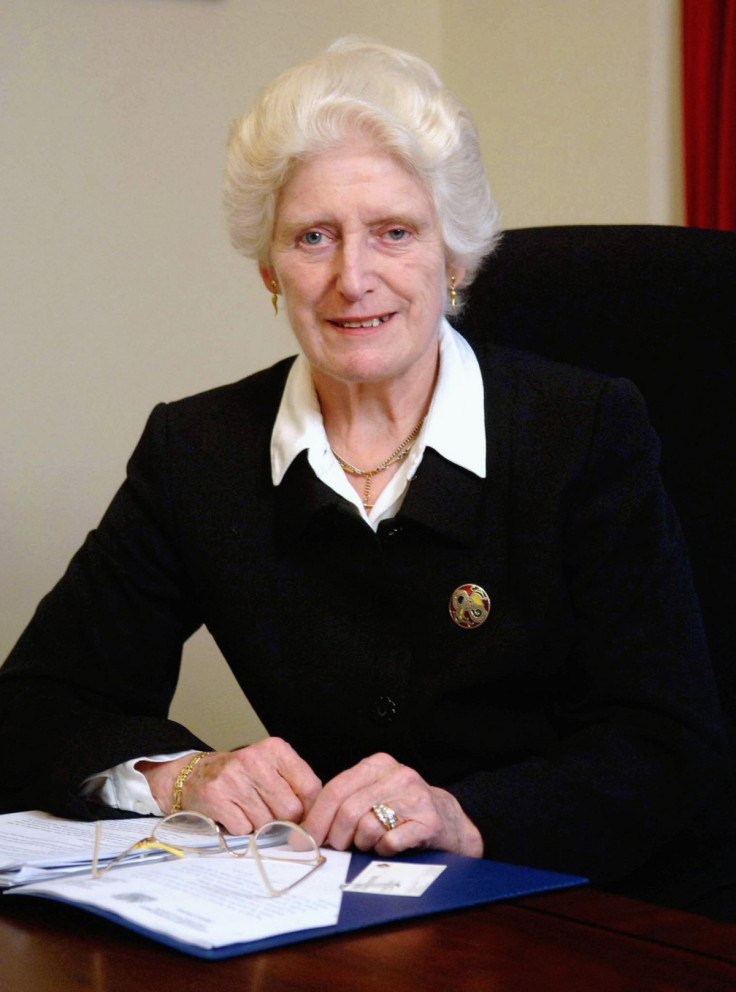Butler-Sloss Quits: Is David Cameron's Judgement Fatally Flawed?

The decision by Lady Butler-Sloss to stand down as head of the major inquiry into child sex abuse in Britain has pitched the entire process into disarray and underlined the shambles that marked its creation in the first place.
And it raises significant questions over the judgement of the prime minister and home secretary in apparently failing to see the glaring conflict of interest created by the appointment.
It was met with an instant barrage of criticism over the fact Butler-Sloss was not only part of the very establishment she would be investigating but more specifically that her brother, the late Sir Michael Havers, had been attorney general at the time of the abuse and cover-up claims.
The weekend saw more claims about both his role in failing to pursue evidence of a paedophile ring in Westminster in the 1980s, but also that she previously wanted to exclude a bishop's name from a child abuse report because she wanted to protect the reputation of the church.
It has also become clear to me that I did not sufficiently consider whether my background and the fact my brother had been Attorney General would cause difficulties.
Victims and campaigners insisted that, however illustrious her career, she was not the right person for the job and that her appointment only added fuel to suggestions the establishment would look after its own.
And it was becoming increasingly obvious the inquiry would not have the confidence of victims and others while she was heading it.
She acknowledged as much in her statement, saying: "It has become apparent over the last few days that there is a widespread perception, particularly among victim and survivor groups, that I am not the right person to chair the inquiry.
"It has also become clear to me that I did not sufficiently consider whether my background and the fact my brother had been Attorney General would cause difficulties."
And it is that second element that has astonished critics of the appointment and suggested the entire process was carried out by the government in a rush in an attempt to stop the escalating crisis overshadowing all other political events.
As the avalanche of historic allegations hit Westminster there were demands from MPs and the opposition for a wide-ranging Hillsborough-style inquiry into all the claims which were resisted time and again by the government on the grounds the police were the right people to carry out any investigations.
But the pressure grew to the point that the prime minister allegedly ordered home secretary Theresa May to change her mind and announce just such an inquiry, which she did almost immediately.
But it is now clear the whole thing was done in such a rush, even near-panic that either simple checks about a possible conflict of interest were not made or, worse, ministers did not see it as an issue.
Critics, including victims and MPs, have welcomed Butler-Sloss' decision to stand down and insisted there was never any question over her own integrity but about the unavoidable perception of a conflict of interest.
The problem now facing the government is over exactly who they can appoint to undertake such a major and sensitive inquiry who is not, by definition, part of the establishment.
The Butler-Sloss debacle comes two weeks after the conviction for phone hacking of Andy Coulson, the former editor of the News of The World, who Cameron appointed as his 10 Downing Street press chief to help him win the 2010 general election, despite numerous warnings that the former tabloid journalist was toxic.
© Copyright IBTimes 2025. All rights reserved.





















